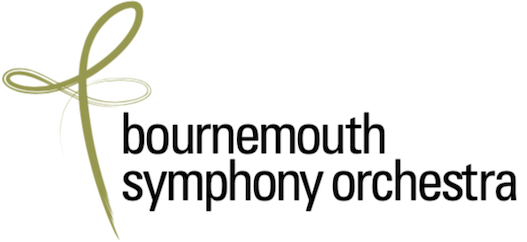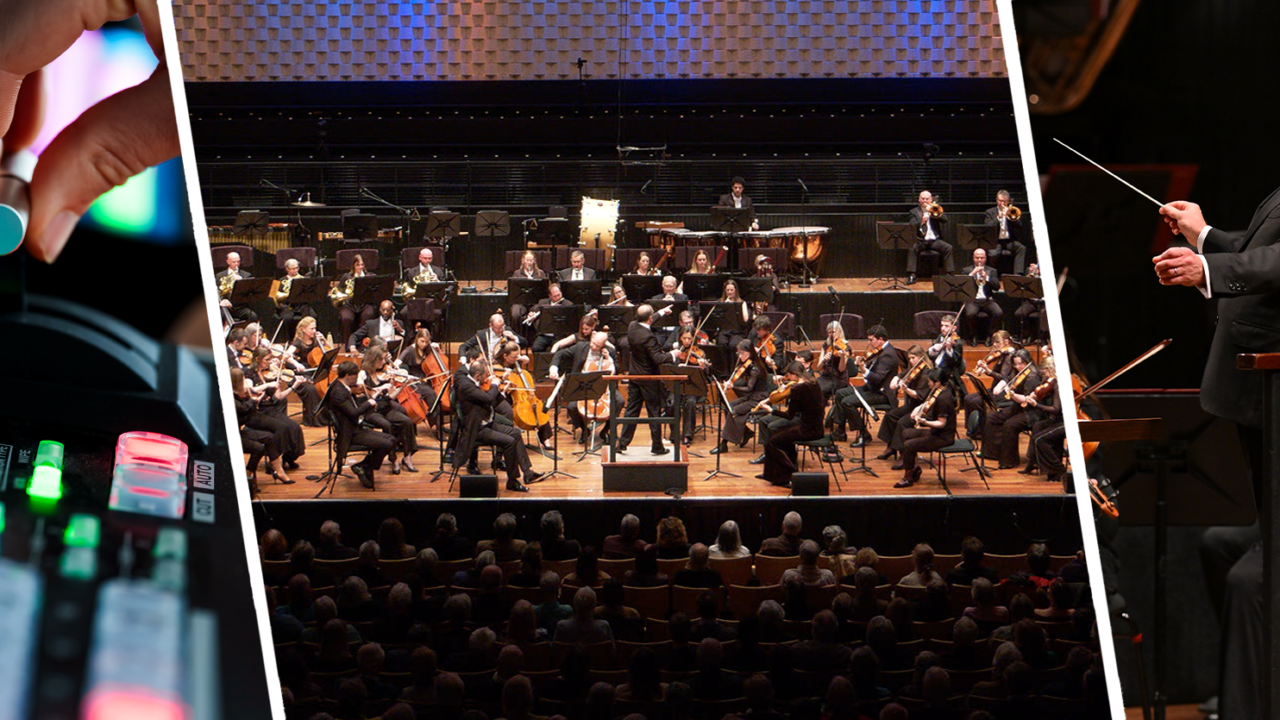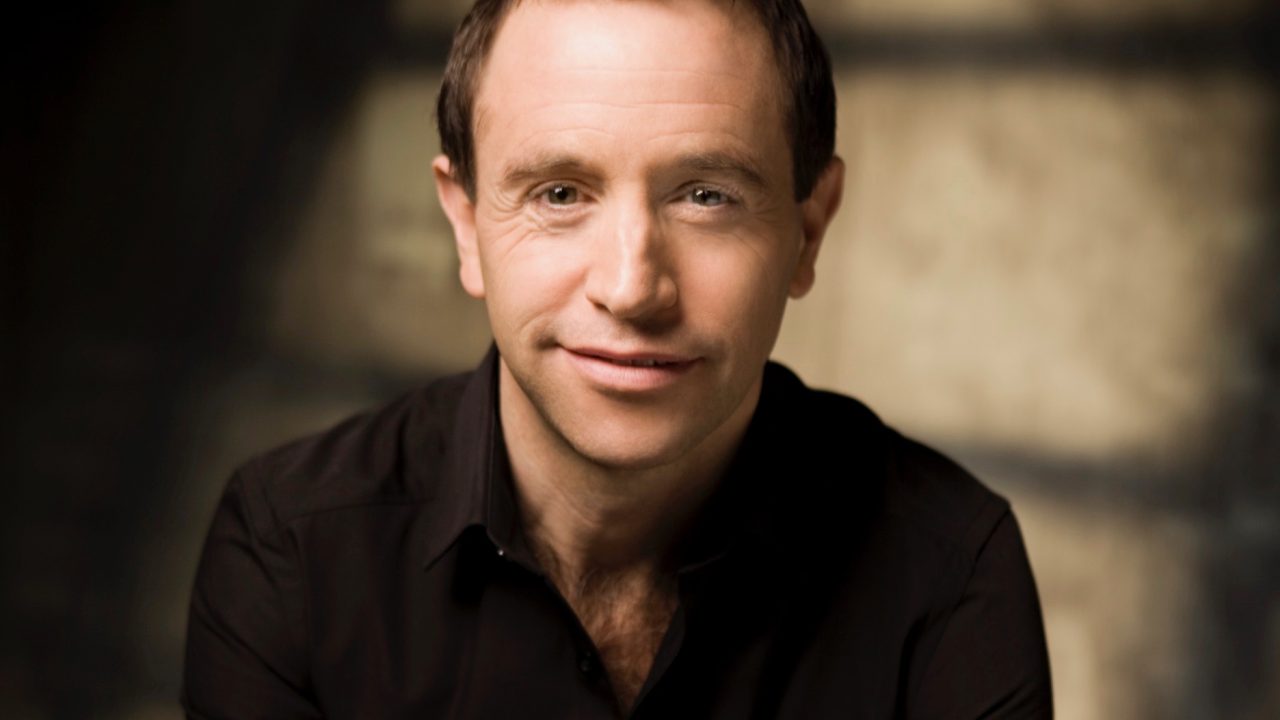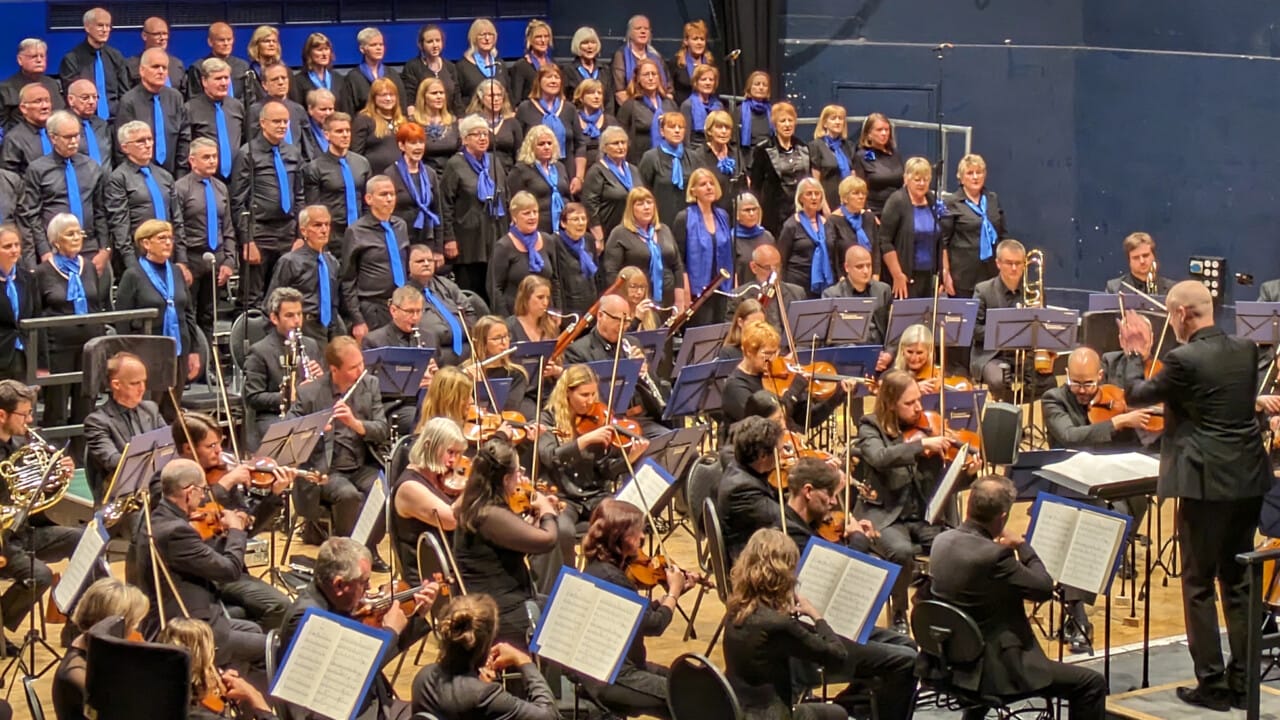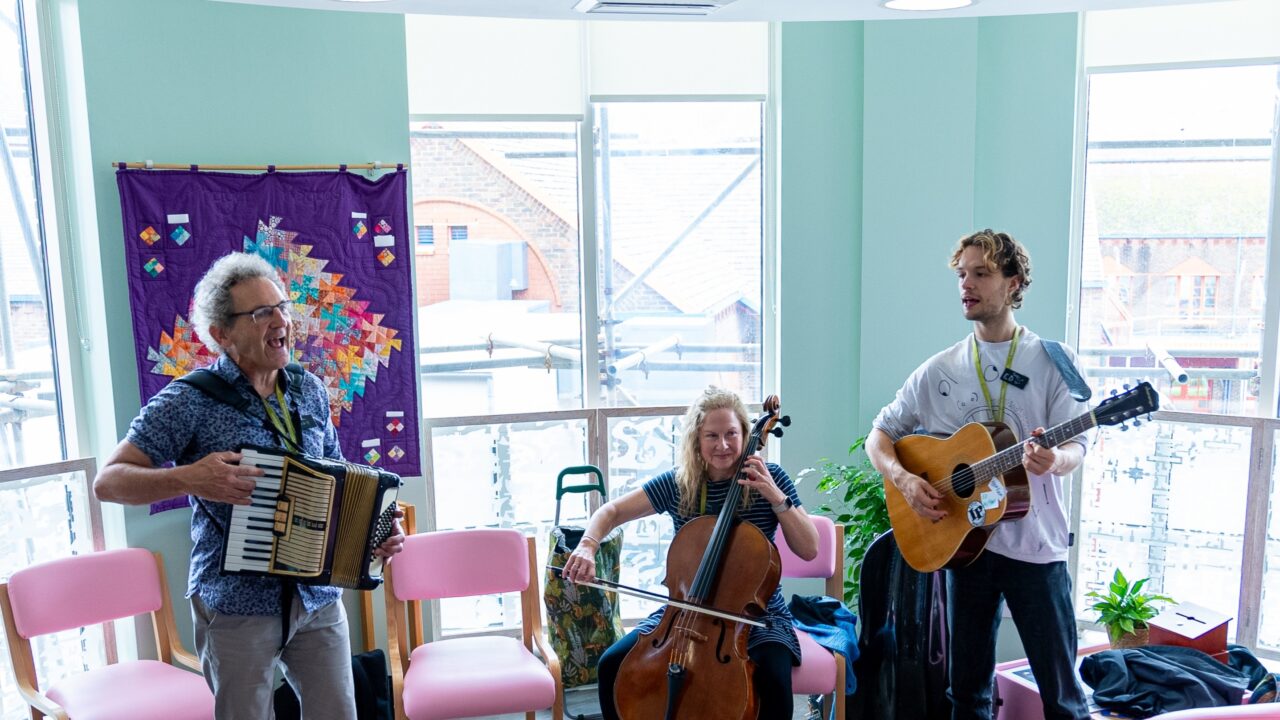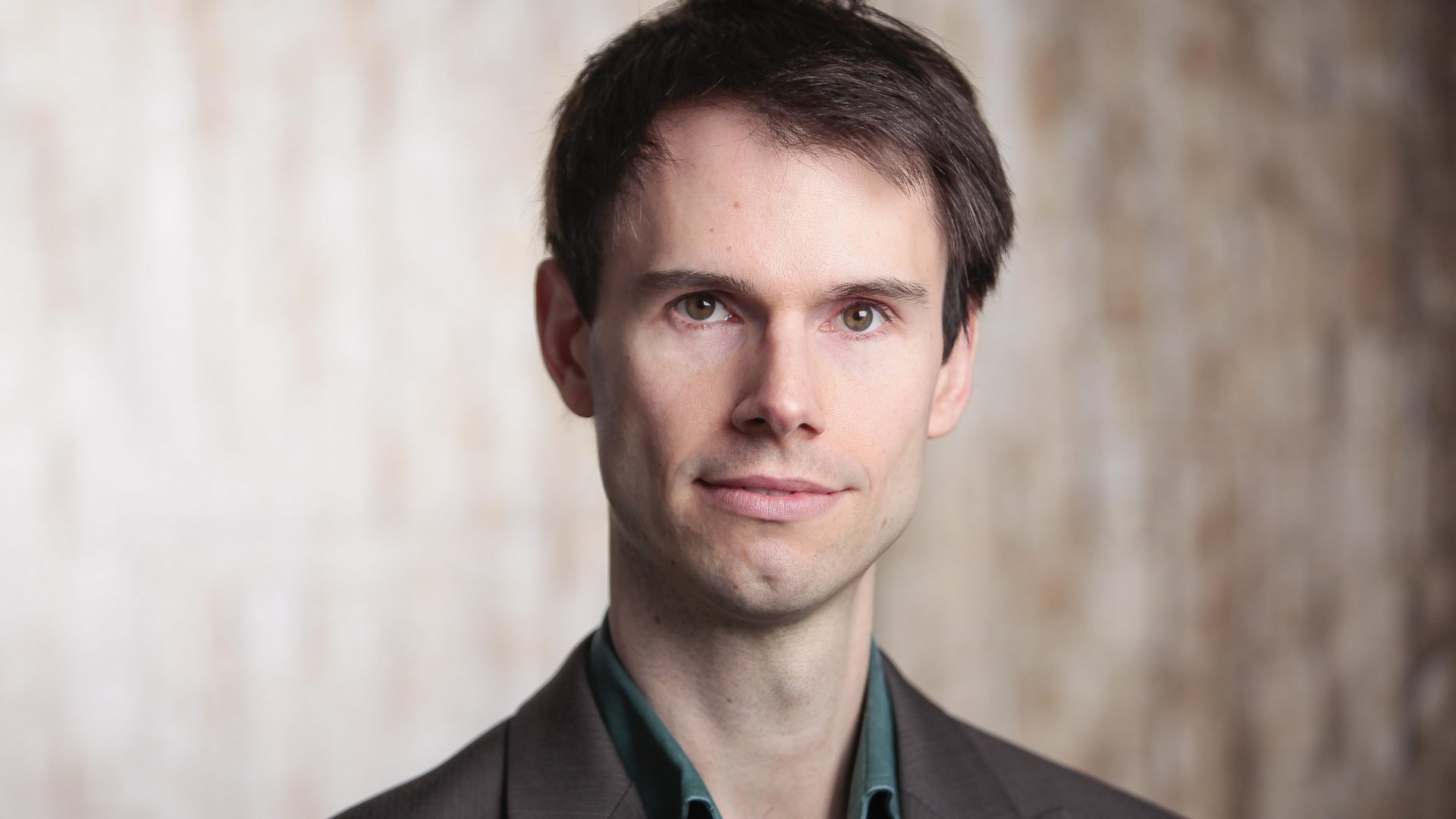Composer-in-Residence
Alexander Campkin, BSO Change Makers’ Composer-in-Residence (Photo Credit: A P Wilding)
It is safe to say that I have settled into my role at the BSO and still loving it! Since my last post, we have recruited Alexander Campkin as the ensemble’s Composer-in-Residence for the ensemble about which I am so delighted. The journey from whittling down to 1 composer from the initial 29 we received proved to be an interesting challenge. This was the first time my manager Lisa and I worked together which was good; using it as an opportunity to start establishing working styles whilst finding commonalities in our approach to the project. The quality of expressions of interest from composers was extremely high with varying styles of composition. Lisa even said that this selection process was the most challenging in her 20 years of experience of commissioning composers. I made the final selection of the Composer-in-Residence – my first major decision in my BSO role.
Uniqueness
The inherent uniqueness of the ensemble is already questioning people’s perception of the typical professional playership within the orchestral sector (good alliteration!). This questioning and challenging of perceptions will obviously start to generate fear in those being challenged on their views. Familiarity will help counter this fear, helping to pave ways to acceptance and to recognise the ensemble’s musical talent. I am therefore keen for there to be some cultural and stylistic familiarity from the music they hear played by the new ensemble. Alexander’s passion for his music and to explore emotional landscapes in an accessible (using this word beyond the disability context) way ultimately made him my number one choice. Having Alexander on board excites me about the possibilities ahead of us (the team, including Alexander), bringing us ever closer to making powerful musical statements!
Revelation
In regards to the traineeship, I’ve had a few revelation moments, prompting changes and approach. One of these major changes has been learning to actively distance myself from the administration side of the project and focussing on the planning and the execution of the creative goals of the programme. This has gone against my natural instinct of doing everything myself from my pre-BSO days. Being in a more corporate environment, it has been essential that I let go and to work with my project co-ordinator whose sole purpose is to take care of the project’s administration.
The time freed up in doing so has meant that I have been able to analyse music scores. This might sound dull but is proving to be a fascinating experience. Once letting go of the black and whiteness of the visual aspect of the score, I have been developing my ability to read the emotion drawn from the chord progressions within pieces. Identifying scores to look at has been an evolutionary process. Initially, I wanted to go all systematic and to use the BSO concert season to decide upon which scores I look at. However, this has diverted attention to finding correlations between the scores studied and what the BSO are playing rather than addressing my learning needs and style(s). As a result, in the usual James style, I’ve been tackling quite complex scores rather than starting off small and progressing! So, with the help of Sian Edwards and Frank Zielhorst, I’ve now decided to be more free in looking at scores which specifically address my learning stage.
A new preparation technique…
As a musician – including conductors – you do much of your preparation in isolation away from any other musicians. Imagination is therefore needed to be in front of an ensemble when working on your choreography in your front room. I have been thinking up ways to simulate a rehearsal pace visually at home, creating a setup where I could focus my attention to the score without forgetting where my imagined instruments were. A solution to this was to buy a set of A4 laminated posters of each instrument found in a typical orchestra…an exciting November day for me! This was the best £20 I have ever spent; marking out ensembles in my flat by strategically placing these posters, creating my very own rehearsal space. This is provides a gateway to let go of my mind and to let it sink into the musical material; developing intimate familiarities with the emotional narratives. The more scores I look at and digest, the more comfortable I feel with progressing to looking at scores with increased density and complexity.
Ensemble auditions are in the coming week and I am so excited to see and hear the twenty musicians who have applied. The call-out went global yielding responses from all around the world…I’ll have an update in my next post!
